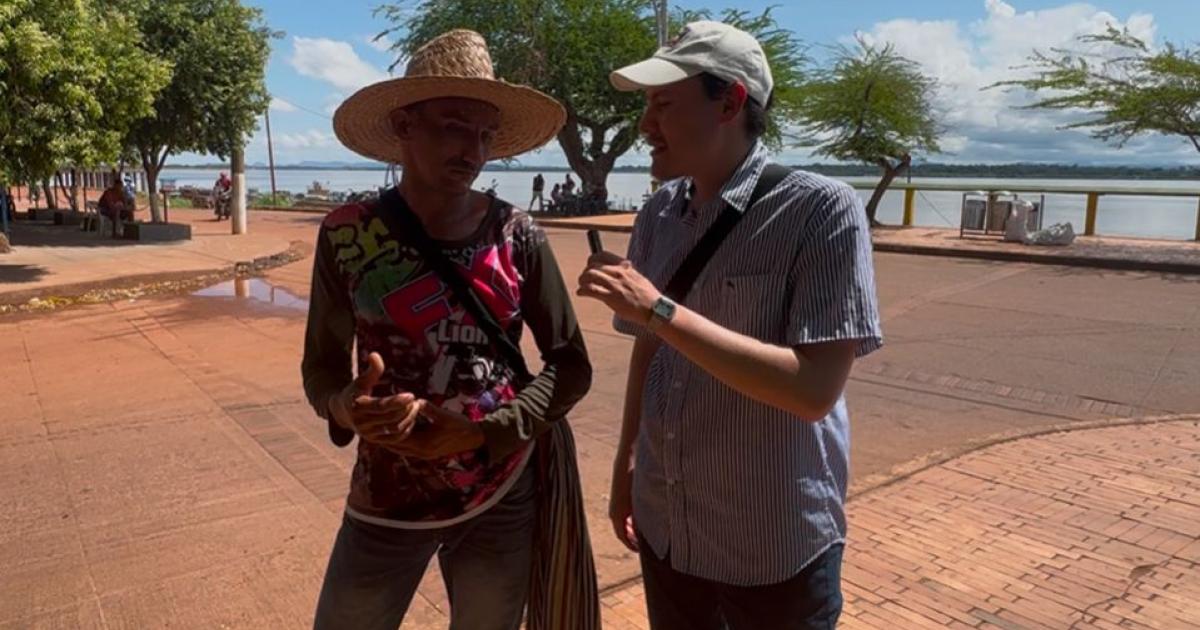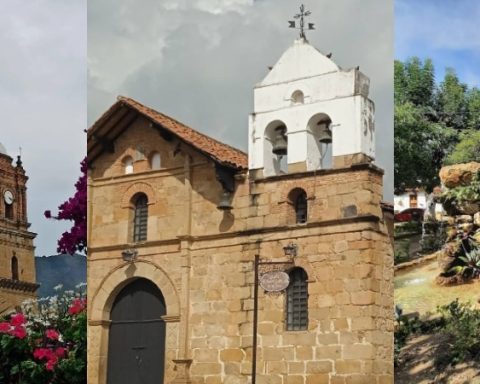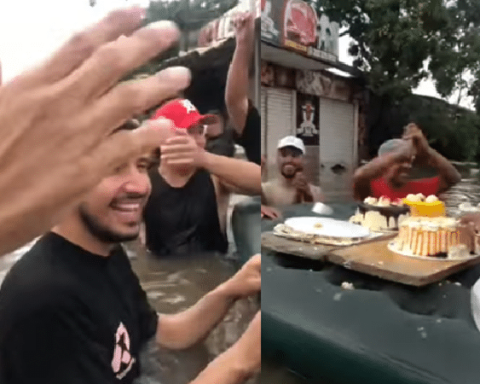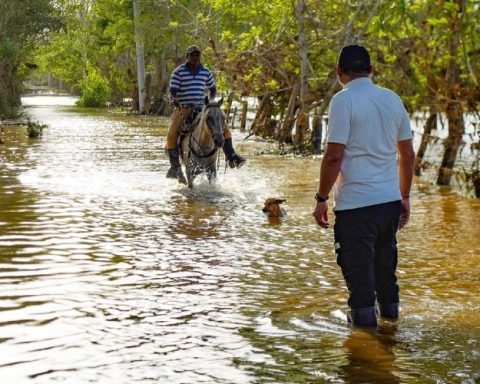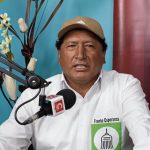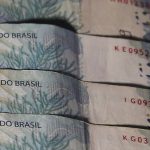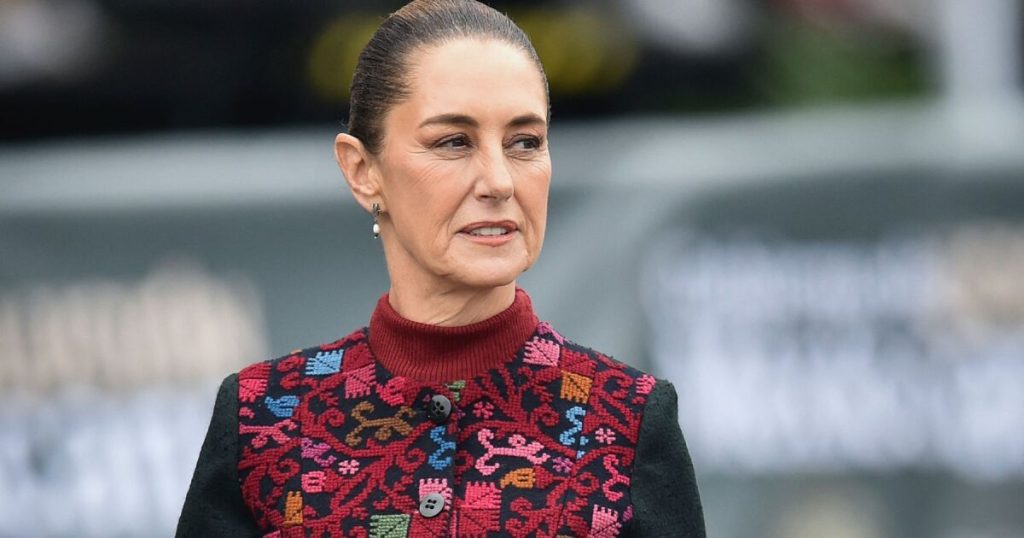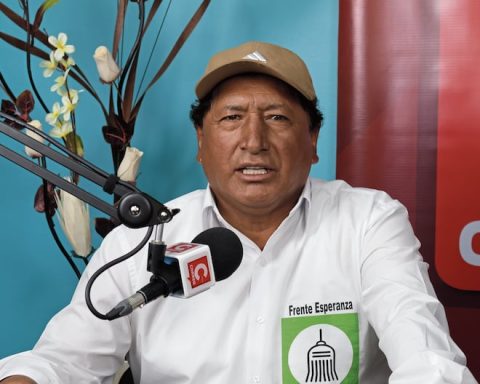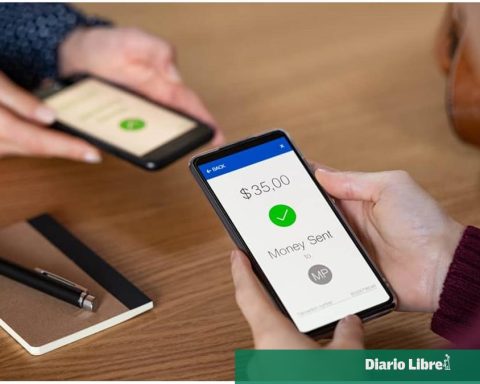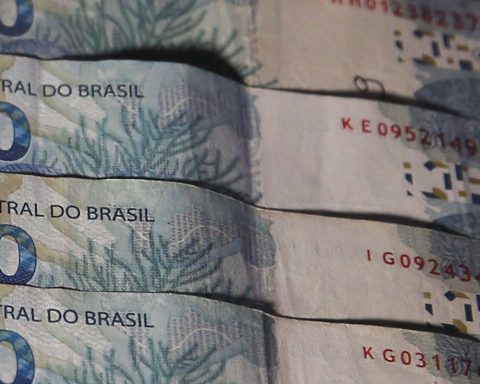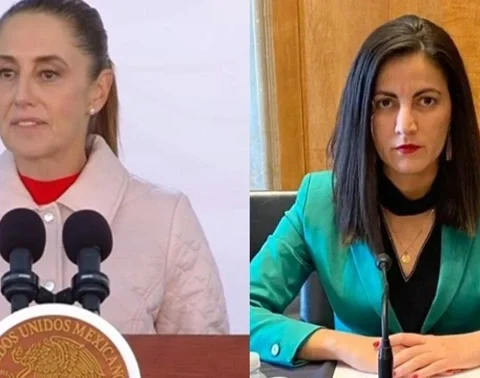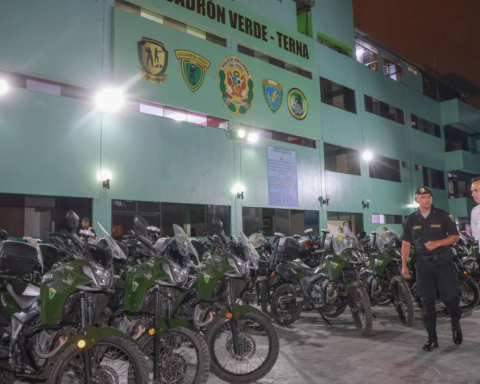In Puerto Carreño, Vichada, fishing is more than a daily activity; It is the engine that drives the local economy and a reflection of the dynamism that exists between the Orinoco, Meta and Bita rivers and the communities that inhabit them.
Luis Nieves, a fisherman with years of experience in an interview with RCN Radio, described how this activity that becomes an economic opportunity that combines a whole tradition and respect for nature.
Also read: A ton of recycled jeans becomes an ‘environmental and sustainable’ fashion catwalk in Bogotá
“After agriculture he goes to fishing, which is the most important thing. You go out now, fish and sell. On the other hand, in agriculture it takes four or three months for you to get the products out. And many times the square is heavy and then you are left with the fish,” Luis highlighted.
The fishing day begins in the afternoon. Azdrúal Fernando, another fisherman from the region, explains that, at 3:00 pm, fishermen set nets and ropes baited at strategic points in the river.
“The rope is spread, the bait and It is being reviewed every 3 hours, every 4 hours. That he has fished and captured. It comes back, it takes that out and it comes back and it’s meat,” said Fernando.
These are constantly checked, even during the early hours, to guarantee fresh catches that, at dawn, are ready for sale in the port.
“In the Orinoco you can get the Dorado fish, we have the Negrito Catfish, which is what we call Apuyi, Baboso, Catfish, Paletón, Blanco, Barbiancho, Yaque, Morocota, Cachama and the Cherma,” said Azdrúal.
The Orinoco offers a variety of fish. From large species such as Catfish, Dorado and Yellow, to medium-sized fish such as Corvina, Coporo and Palometa, fishermen find in its waters a constant source of resources. However, the catches depend on the state of the river and the competitiveness with Venezuelan fishermen.
“Working together with the Venezuelans in this sector is always complicated because they are the ones who ‘beat us up’ the most because they come and bring any amount of fish and when there is often fish they leave it at a cheaper price,” Luis added.
Luis Nieves assures that Competition with Venezuelan fishermen, who assuredly offer their merchandise at lower prices, affects locals due to the high costs of inputs such as gasoline, oil, food and ice. In this regard, he said the authorities have been trying to solve it for a long time.
Also read: Avoid accidents! 5 appliances that you should not connect to an extension to prevent fires
Some fishermen also spend up to ten days on the river, transporting ice to preserve the fish and carrying supplies for their fishing. Some sleep in their boats or improvise shelters on the shores. In addition, they must face unforeseen events, such as encountering alligators or large animals.
“The alligators, I have seen that they come out to the solitude from there but they are things that they cannot touch, they are things that cannot be touched, they are from nature and one has to respect it,” Luis highlighted.
Meanwhile, the port receives agricultural products, completing the region’s economy.
“These ships bring beer, rice, flour, chemicals to plant one, seeds, everything“said Azdrúal.
Fountain: Integrated Information System
